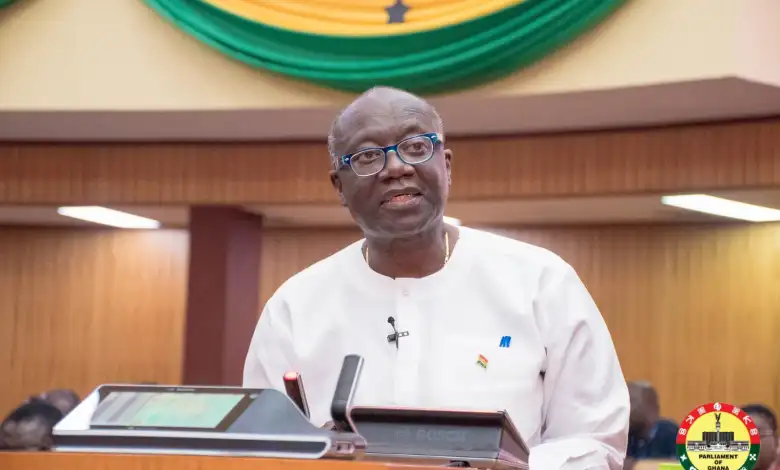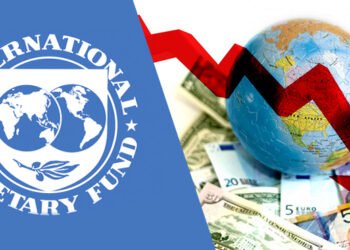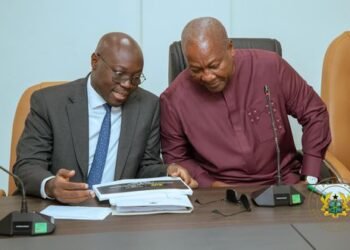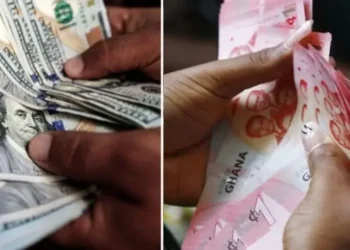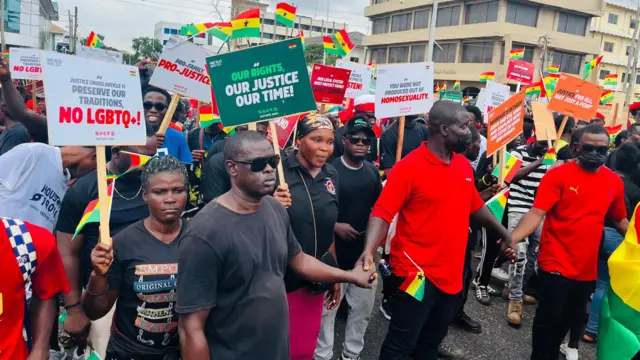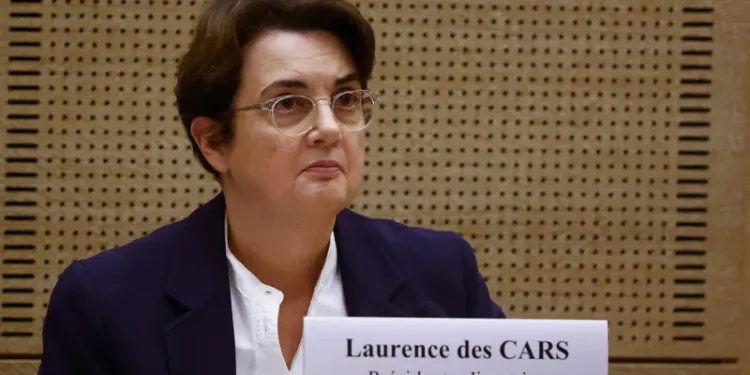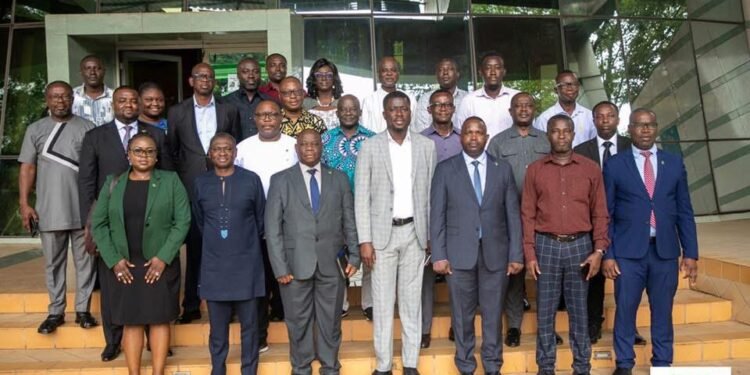Mr Ken Ofori-Atta, the Minister of Finance, has stated that the country is at the brink of losing 1.7 percent of its Gross Domestic Product to climate change by 2030 if it is left unaddressed.
To address the challenge, the Minister of finance noted that the government is working to secure carbon financing to support its Nationally Determined Contributions (NDCs) in order to meet the commitment of the Paris Agreement.
Mr Ofori-Atta said due to the launch of the in-country process for Ghana’s participation in the Global Shield against Climate Risk; the damages of climate change could be addressed. He added that such initiatives would enable Ghana to assess quantitative data on climate risk, design solutions informed by the data and facilitate access to resources from International organizations.
Mr Ofori-Atta also indicated that government in partnership with the Green Climate Fund has established the Ghana Shea Landscape Emission Reduction Project (GSLERP) with an estimated cost of US$54.5 million.
Mr Ofori-Atta asserted that GSLERP would focus on Shea Landscape to address the country’s efforts to reduce emissions from deforestation and forest degradation (REDD+). Additionally, he said the Government is implementing the Ghana Cocoa Forest REDD+ Programme (GCFRP) which covers 5.9 million hectares (79% off-reserve, 21% on reserve) in seven regions.
The Minister praised Ghana’s effort to addressing Climate change, particularly when the President is the chair of the Vulnerable Forum while the Finance Minister chairs the V20 Group of Finance Ministers. He disclosed that the government intends to convert the V20 into a permanent Inter-Governmental Organisation with the aim to champion, principally a ‘Fair Share’ Agenda to ensure appropriate financing for adaptation, mitigation, and loss and damage.
Mr OFori-Atta added the government would use the V20 to leverage the natural resources to raise carbon financing for climate action and to ensure that the 1.5-degree Celsius temperature threshold is not breached.
Africa to Lose Up to 15% In GDP
According to the Africa Development Bank the African continent has seen a loss of 5 to 15% in GDP per capita growth due to climate change. The bank said the continent needs an estimated amount of $1.6billion to meet its NDCs from 2022 to 2030.
The bank noted that the African countries are being shortchanged of a promised climate financing fund of $235 billion yet they received $29.5 billion between 2019 and 2020. This results in a climate finance gap of up $1288.2 billion annually from 2020 to 2030.

Climate change affects Africa severely, yet the continent contributes to only 3% of global emissions. It is important that the global community meets its $100 billion commitment to help the developing countries and African economies to mitigate the impacts of the climate change and to adapt to it. Investing in climate adaptation in the context of sustainable development is the best way to cope with the climate change impacts. Meanwhile, gas must remain included in the continent’s plan for the gradual transition to clean energy.
Since the 1850s, countries have managed to transition away from coal, and used gas as a transition to cleaner energy. It is no secret that Africa has great potential in terms of green investment opportunities that private sector, including banks, could tap into.
Meanwhile, Nationally Determined Contributions or “NDCs” are submitted by countries under the Paris Agreement of the United Nations Framework Convention on Climate Change. They represent climate action pledges that aim to limit global warming to well below 2 degrees Celsius, to 1.5 degrees Celsius, over pre-industrial levels.
READ ALSO: Investors Punish Government for Mismanagement As It Misses T-bill Target



